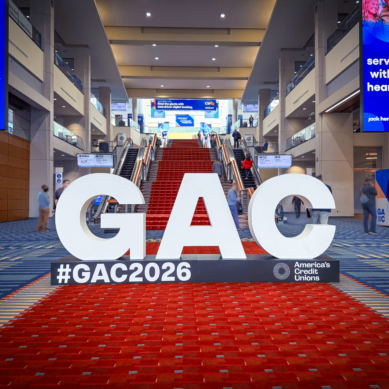
Read more at the Washington Credit Union Daily
The Financial Crimes Information Network (FinCEN) has released a final rule requiring banks and credit unions that are not regulated by the federal government to comply with Anti-Money Laundering regulations.
“Banks without a Federal functional regulator are at least as vulnerable to the risks of money laundering and terrorist financing as banks with one,” FinCEN said, in releasing the rule.
The network, a division of the Treasury Department, added, “FinCEN expects that uniform regulatory requirements for all banks will reduce the opportunity for criminals to seek out and exploit banks subject to less rigorous AML requirements.”
Those regulations include obtaining the “beneficial owner” of accounts opened at the institutions.
Network officials estimated that the new rule will affect about 228 non-federally insured credit unions.
FinCEN originally proposed adding non-federally insured institutions in 2016. Since then, investigators have identified instances of “illicit actors” taking advantage of the gap in rules FinCEN officials said.
Credit union officials expressed support for the rule when it was first proposed. “The proposed rule change should reduce confusion that has popped up from time to time regarding expectations and requirements of [privately insured credit unions],” the Heartland Credit Union said. “Applying uniform standards across the entire banking system will improve FinCEN’s ability to combat financial crime.”
In addition to the final rule, FinCEN this week began soliciting comment on a proposal to establish a common understanding between regulators and financial institutions about what constitutes an effective anti-money laundering program. The proposal defines an effective financial institution program as one that identifies, assesses and reasonably mitigates risks; ensures compliance with recordkeeping and reporting requirements; and provides information with a “high degree of usefulness” to government authorities.
Interested parties have until Nov. 16 to comment on the proposal.































































